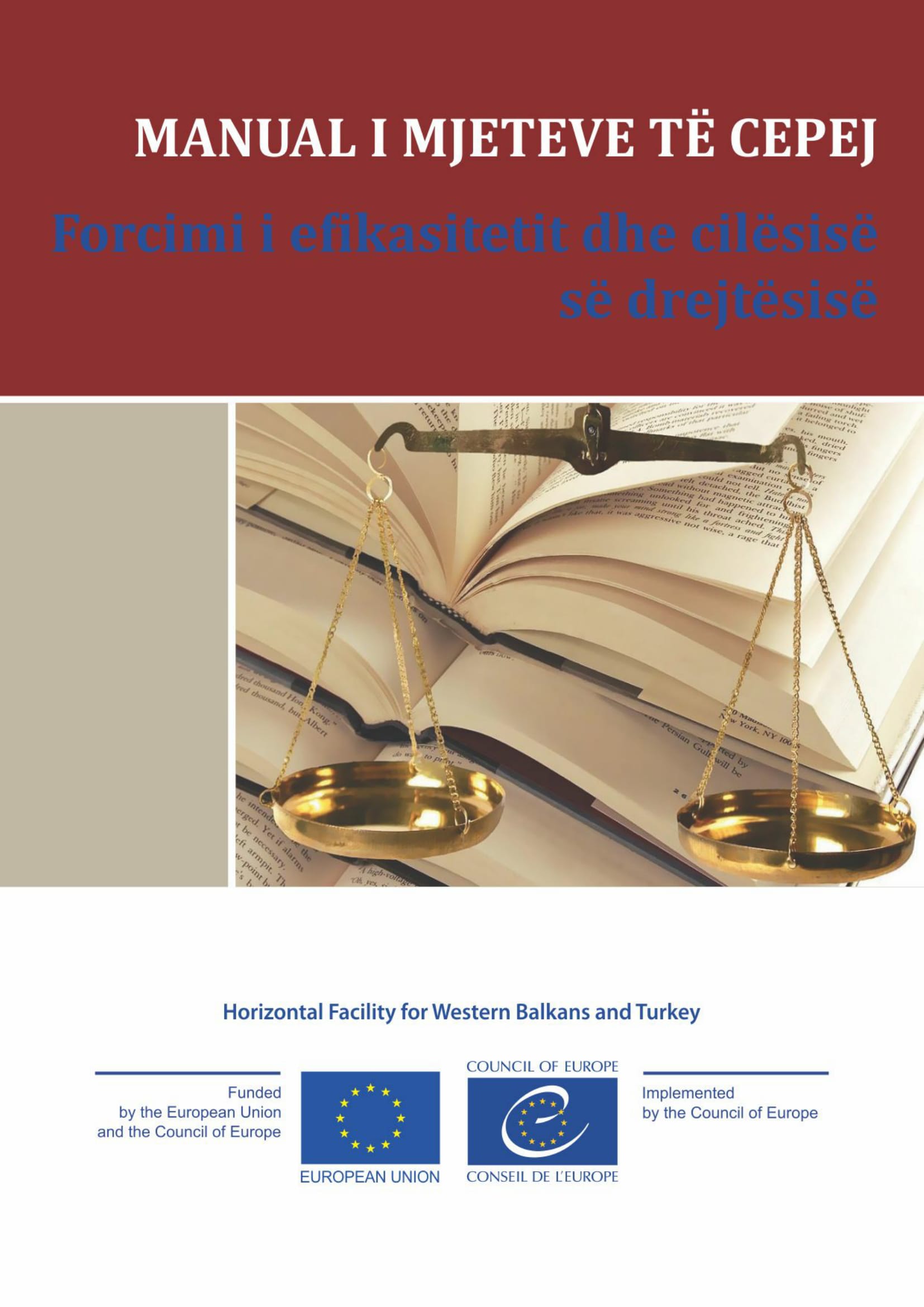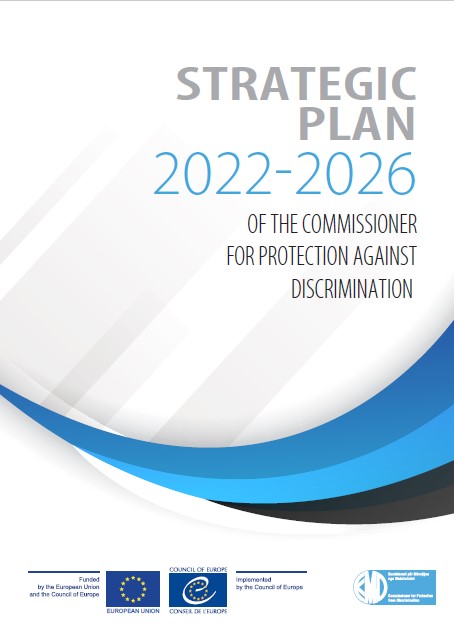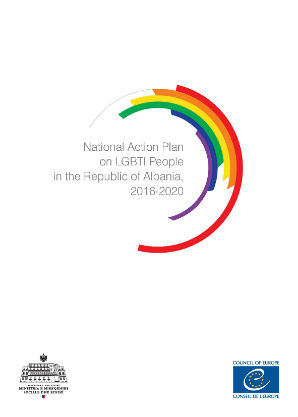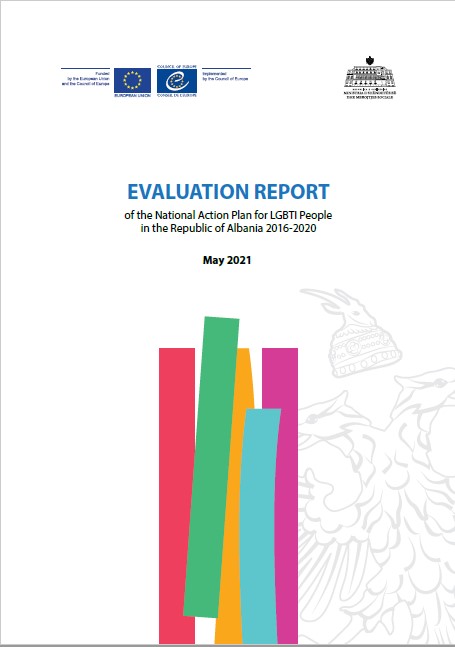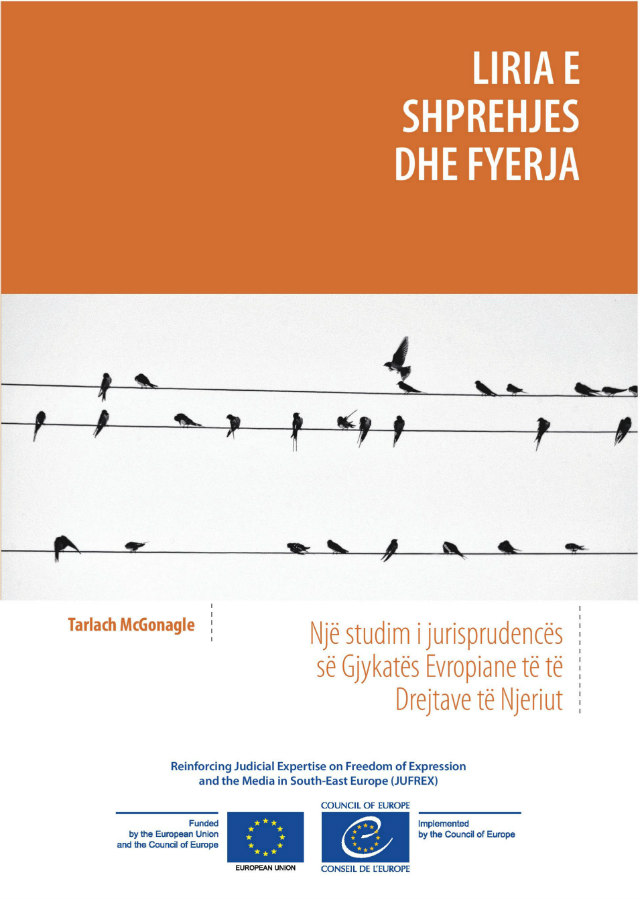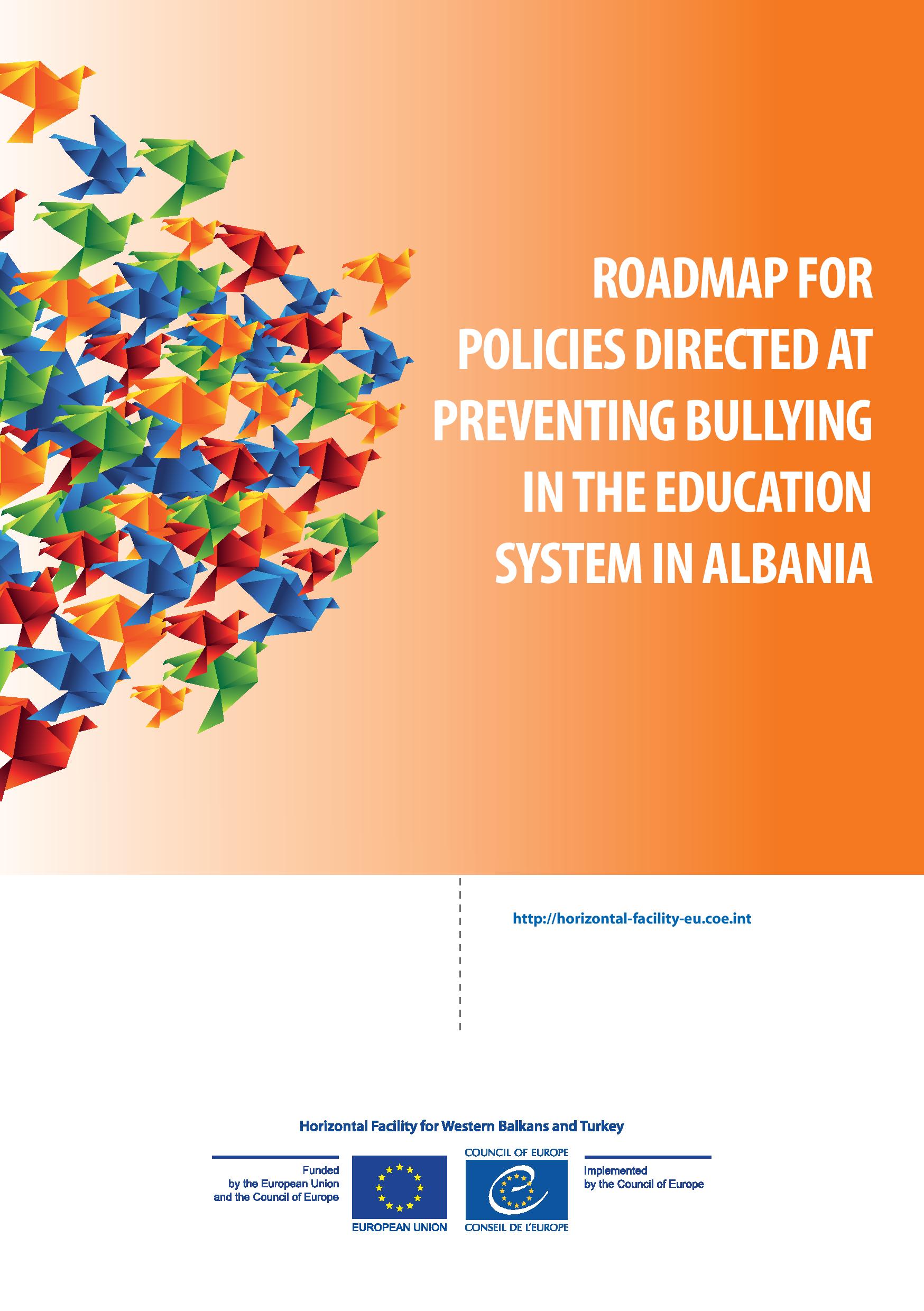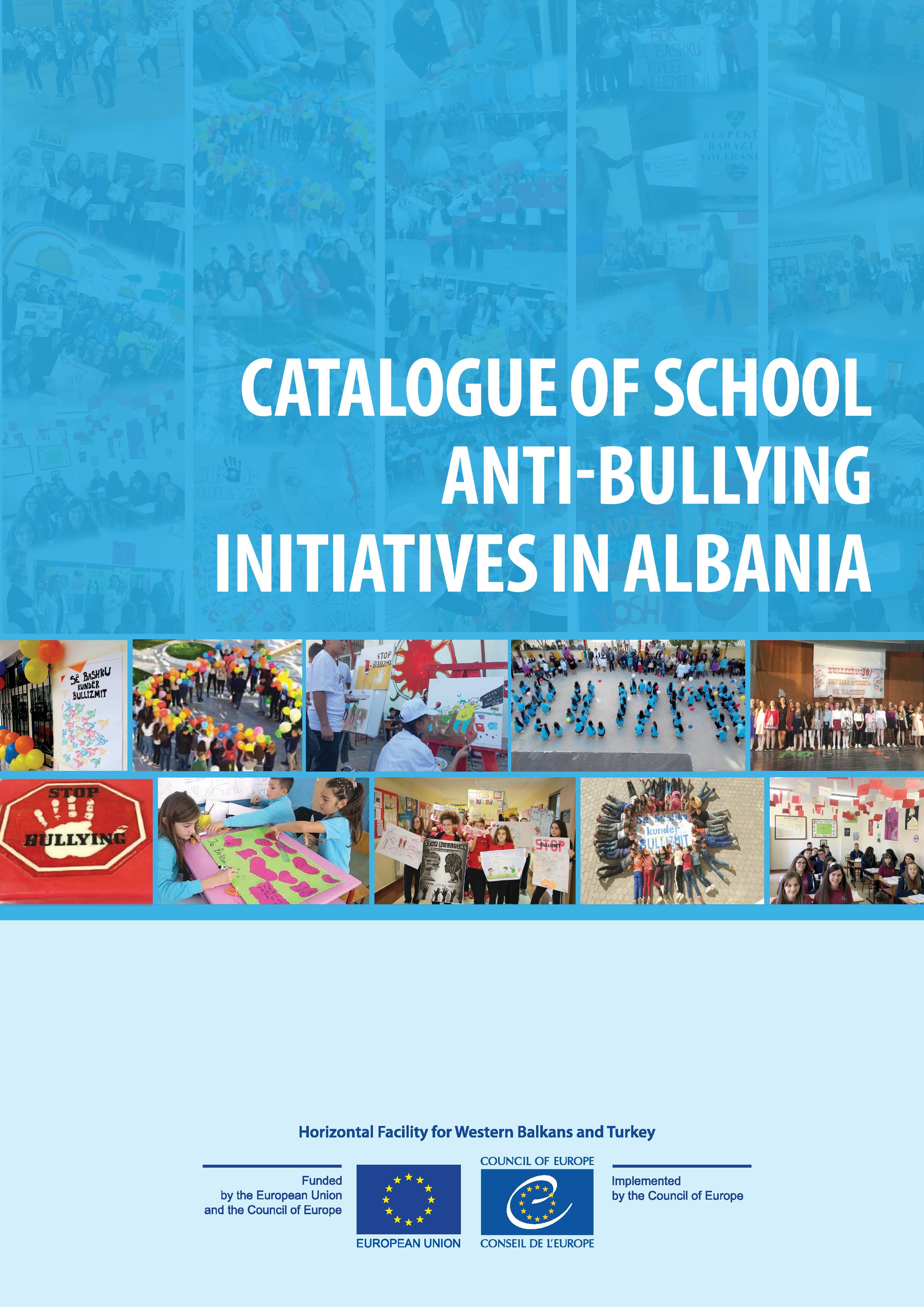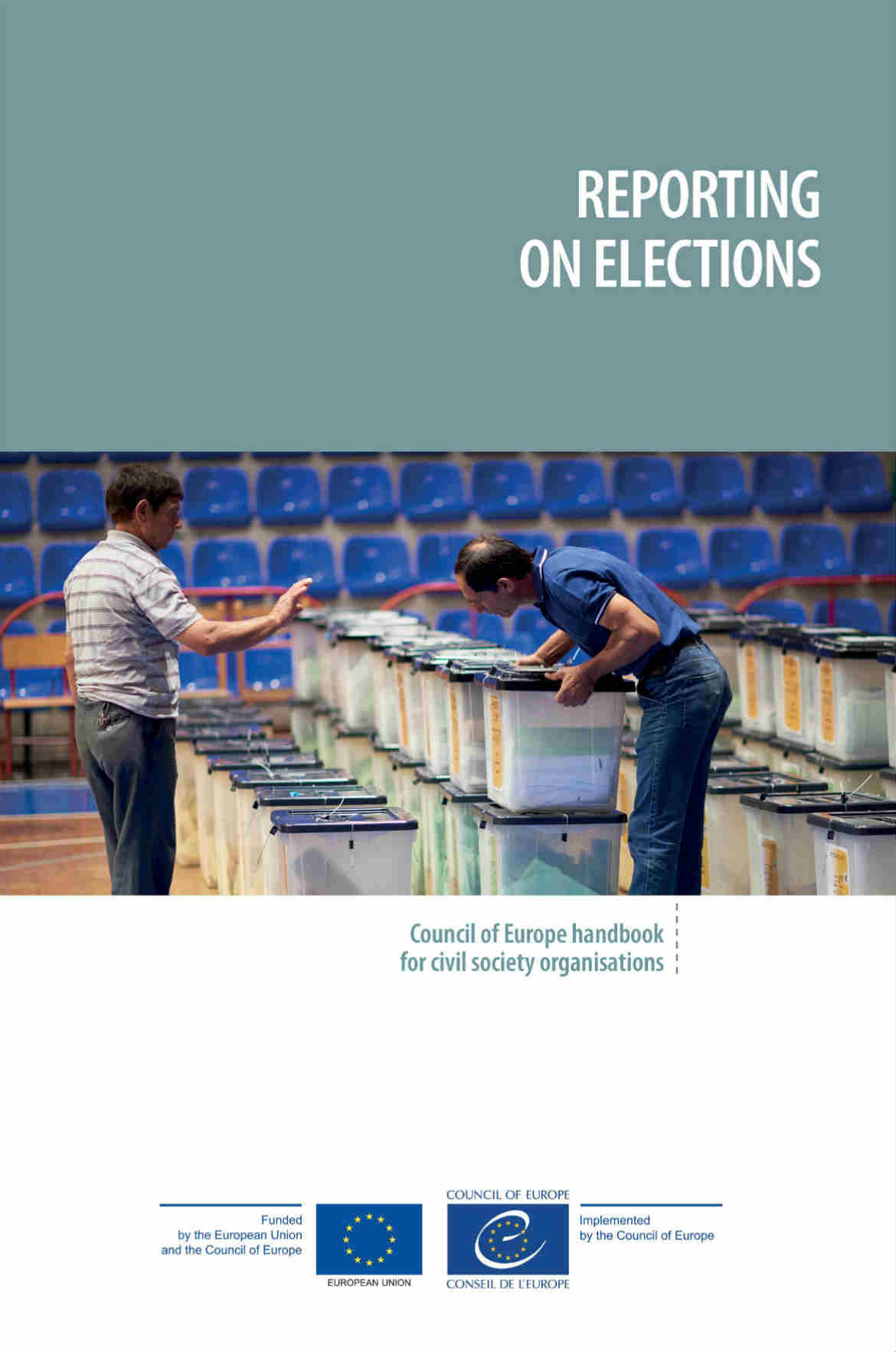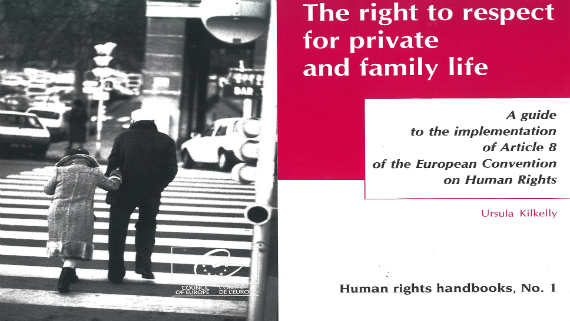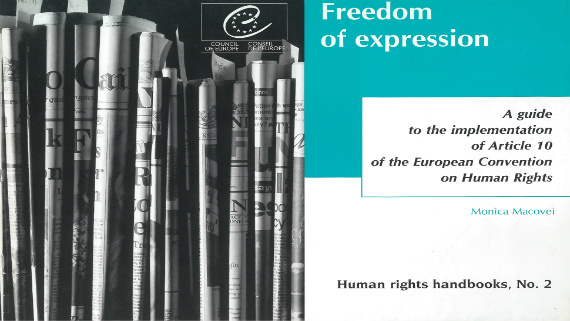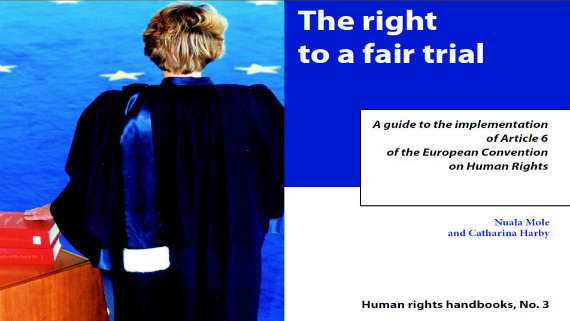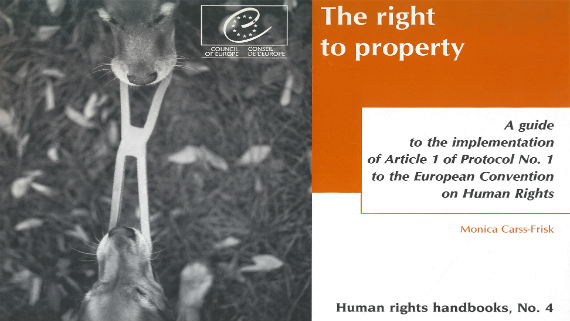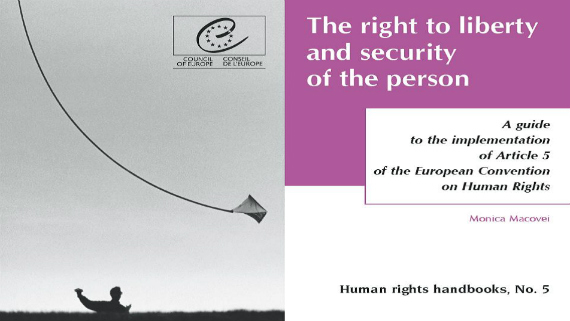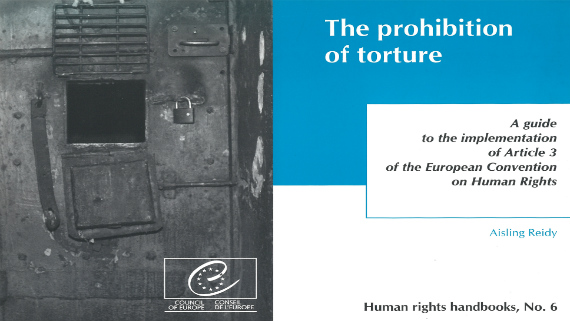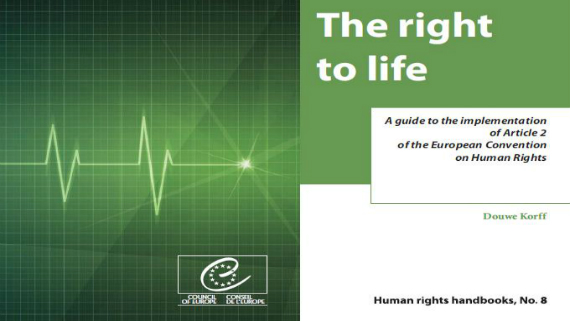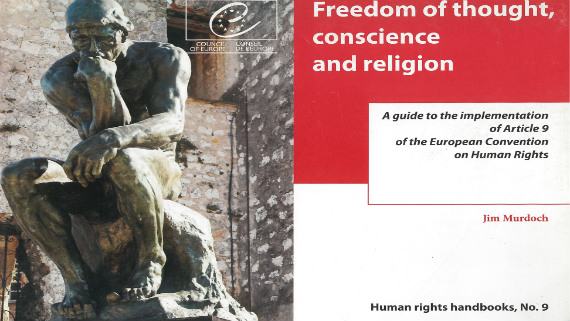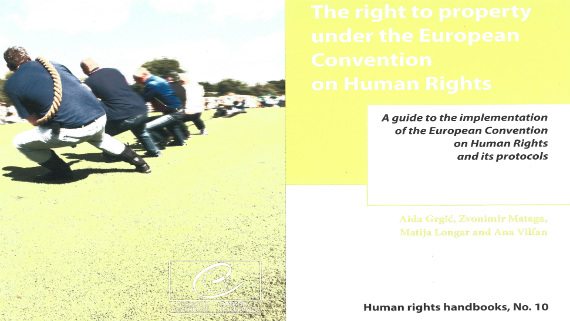Resource Materials
This summaries of judgements of the Albanian High Court, for the period 2021-2023, is prepared for Albanian judges of First Instance and Appeal courts, prosecutors, and lawyers, as a tool for to strengthen uniform implementation of the most important decisions of the High Court, as well as to nurture legal precedent between judicial institutions and other legal professionals.
One of the pillars of the publication consists of important and unifying decisions of the Court on the right to property, in accordance with Article 1, Protocol 1 of the European Convention on Human Rights. The selected case law is distributed in three separate sections of the publication that regulate a wide group of legal institutes, such as public expropriation, financial assessment of property, registration of property titles, etc.
The publication is in Albanian only.
The material entitled "Informative brochure on property compensation" is a new informative instrument aiming to provide clarification to citizens and the public on the legal effects of Law no. 133/2015.
Due to recent legal changes in aspects related to property compensation and the Decision of the European Court of Human Rights in the "Beshiri v. Albania" case, there is a need to increase information and awareness among owners about the process of submitting a request for recognition and assessment of the amount of compensation, as well as the role of ATP as the responsible institution in this process. The material is designated in the form of answers to the most frequent questions that can be raised about the process by interested subjects, but also for other legal professionals who exercise their functions mainly in areas related to property rights.
Artificial Intelligence has a very positive impact on our lives in making many services more efficient, accurate, quicker and easier. The publication “Responsibility and AI” examines complex legal and ethical issues, looking in particular at threats to human rights, including privacy and the protection of personal data. While there may be a proliferation of codes of good ethical practice adopted by the tech operators, they do not represent legitimate and lawful security. We need safeguards to comprehensively address all actual and potential risks associated with digital technologies, drawing to this end on existing laws and oversight and enforcement mechanisms. The fair and effective allocation of responsibility among all players involved in development and implementation of AI generated applications is vital, not only to protect human rights and the welfare of individuals, but also to ensure that our society remains a moral community.
The abridged version of the publication in English and French can be ordered via [email protected]
COMMENTARY ON LAW NO. 20/2020 "ON THE COMPLETION OF TRANSITIONAL PROPERTY PROCESSES IN THE REPUBLIC OF ALBANIA"
General provisions, titles on agricultural land, administrative and judicial appeal
Assisting lawyers and citizens interested in registering property titles related to agricultural land. Download the commentary on Law no. 20/2020 "On the completion of transitional ownership processes in the Republic of Albania".
This commentary was published in the framework of the project "Supporting enforcement of judicial decisions and facilitating the execution of ECtHR judgements in Albania (D-REX II)" part of the programme "Horizontal Facility for the Western Balkans and Turkey II", a cooperation initiative co-financed by the European Union and Council of Europe and implemented by the Council of Europe.
CEPEJ tools on the quality of the judiciary and the management of the judicial time.
This Evaluation Report was prepared on behalf of the Government of Albania by the Ministry of Health and Social Protection, (Sector of Policies and Strategies for Social Inclusion and Gender Equality, in the General Directorate of Health and Social Protection Policy and Development), with the support and technical expertise provided by the Council of Europe.
Policing Hate Crime against LGBTI persons: Training for a Professional Police Response (Albanian)
By Joanna Perry and Paul Franey
The manual is designed as a practical tool for police trainers, investigators, managers, hate crime officers and frontline police officers to efficiently respond to hate crime.
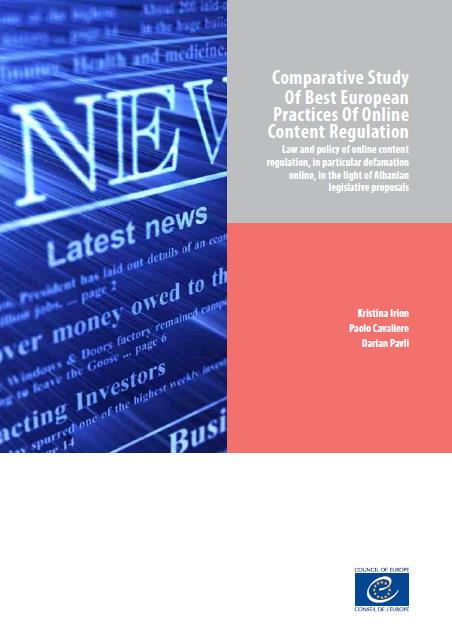
Comparative Study Of Best European Practices Of Online Content Regulation
by Kristina Irion, Paolo Cavaliere, Darian Pavli
This study examines the details of the European Court of Human Right’s case law on defamation. It explores a range of substantive and procedural issues that the Court has considered, and clarifies the concept of defamation, positioning it in relation to freedom of expression and public debate. It explains how overly protective defamation laws can have a chilling effect on freedom of expression and public debate, and discusses the proportionality of defamation laws and their application.
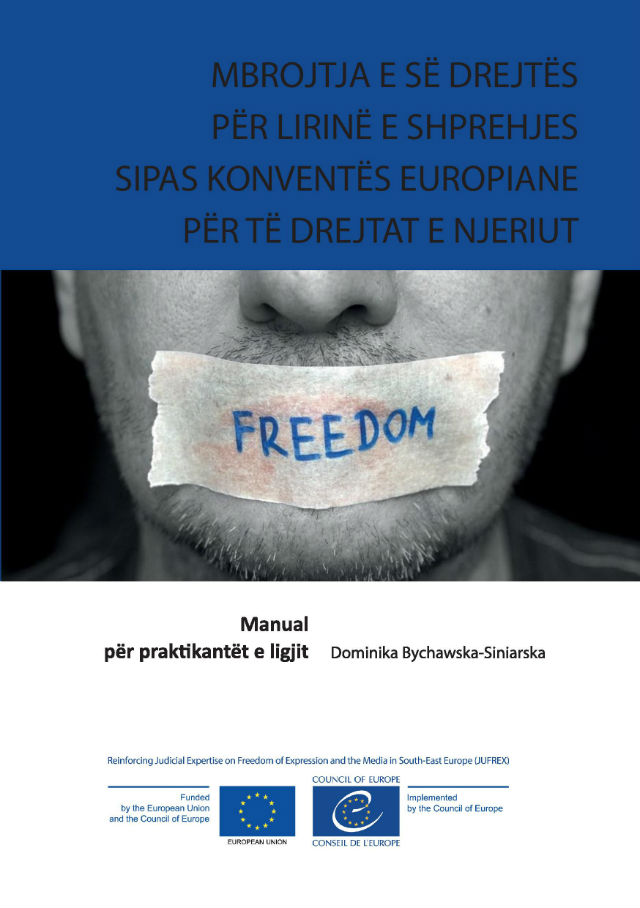
Protecting the right to freedom of expression under the European Convention on Human Rights
by Dominika Bychawska-Siniarska
This handbook examines the scope and content of freedom of expression as guaranteed in particular by Article 10 of the European Convention on Human Rights and as interpreted by the case law of the European Court of Human Rights.
The primary responsibility for applying Convention guarantees lies at the national level. The aim is thus to provide a practical tool for Albanian legal professionals in their language to strengthen their skills in applying the European Convention on Human Rights case law in domestic law and practice.
Political Advertising: A Comparative Study with Reflections on the Situation in South-East Europe (Albanian)
By Jean-Francois Furnemont and Deirdre Kevin
Latest developments in the case-law of the European Court of Human Rights on freedom of expression
Bulletin no. 2
The Bulletin presents some of the relevant judgements delivered from August 2020 to January 2021 in the field of freedom of expression and freedom of media. In the analysed period of time, the European Court of Human Rights delivered significant judgments in different areas of Article 10 of the European Convention of Human Rights. The most relevant stream of case law deals with the intertwined requirements for the protection of freedom of expression and the liberty and safety of journalists and members of parliaments, especially in connection with the legitimate fight against terrorism and political violence.
Latest developments in the case-law of the European Court of Human Rights on freedom of expression
Bulletin No. 3
Council of Europe “Horizontal Facility for the Western Balkans and Turkey 2019–2022” and its action
on “Freedom of Expression and Freedom of the Media in South-East Europe (JUFREX)“. In order to continue cooperation with the legal professionals and contribute to further improvement of knowledge in the field of freedom of expression and freedom of the media, we have prepared this Bulletin as an additional tool for sharing information on new trends and developments in the caselaw of the European Court of Human Rights (the ECtHR; the Court). While Bulletin No 1 covered the period April 2019–July 2020, and Bulletin No 2 the period August 2020–January 2021, this one, in front of you presents some of the relevant judgements delivered from February 2021–July 2021.
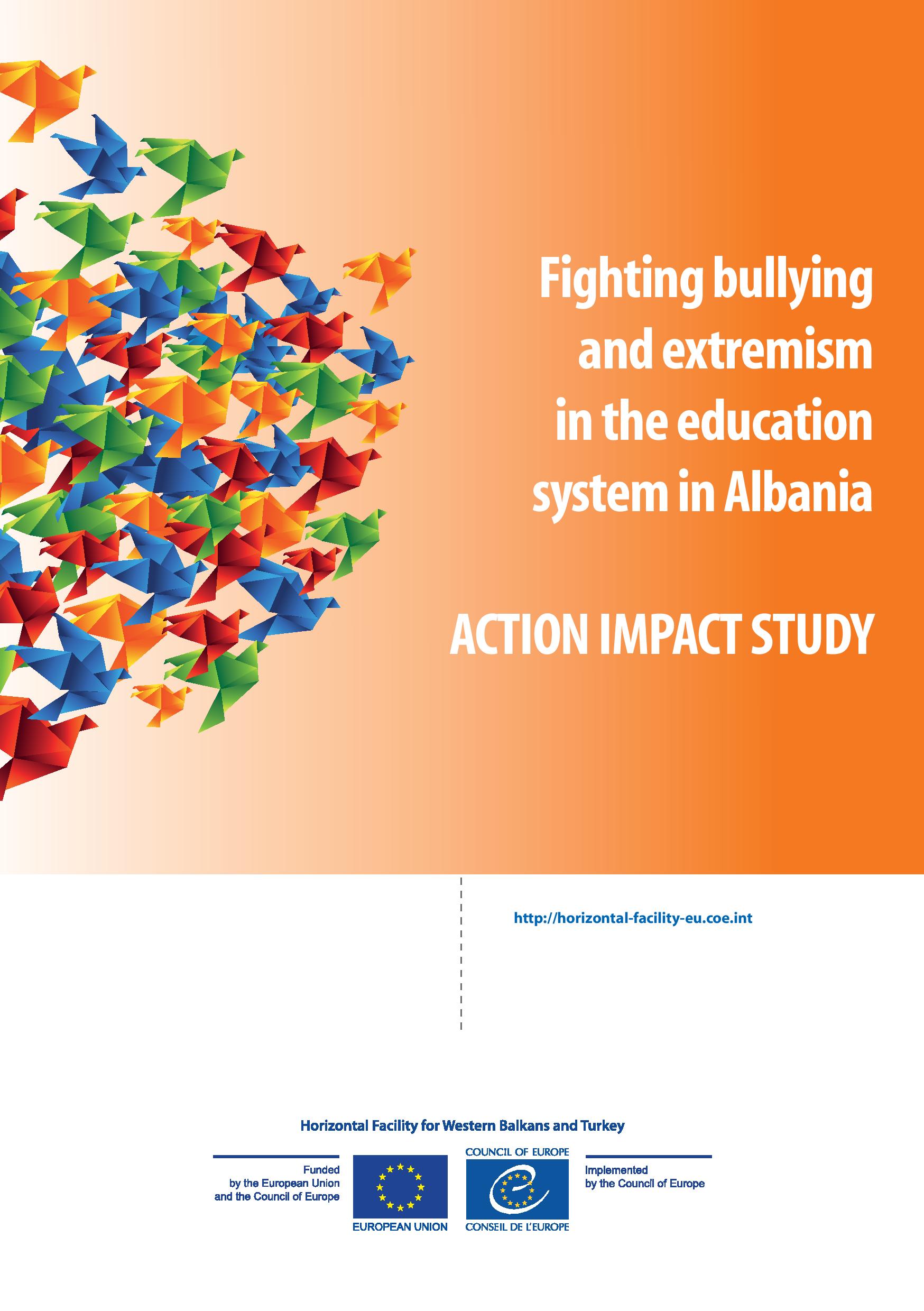
Bullying and Extremism in the Education System - Action Impact Study
by Albana Canollari Baze, Svetlana Jurko and Hana Zylfiu-Haziri
The main purpose of this study was to measure changes that can be attributed to the intervention of the Action; gather and analyse data about the effectiveness and efficiency of the action; record the impact and sustainability of the action in the education system in Albania. Participants in this study were students, teachers, staff and parents from beneficiary schools and non-beneficiary schools.
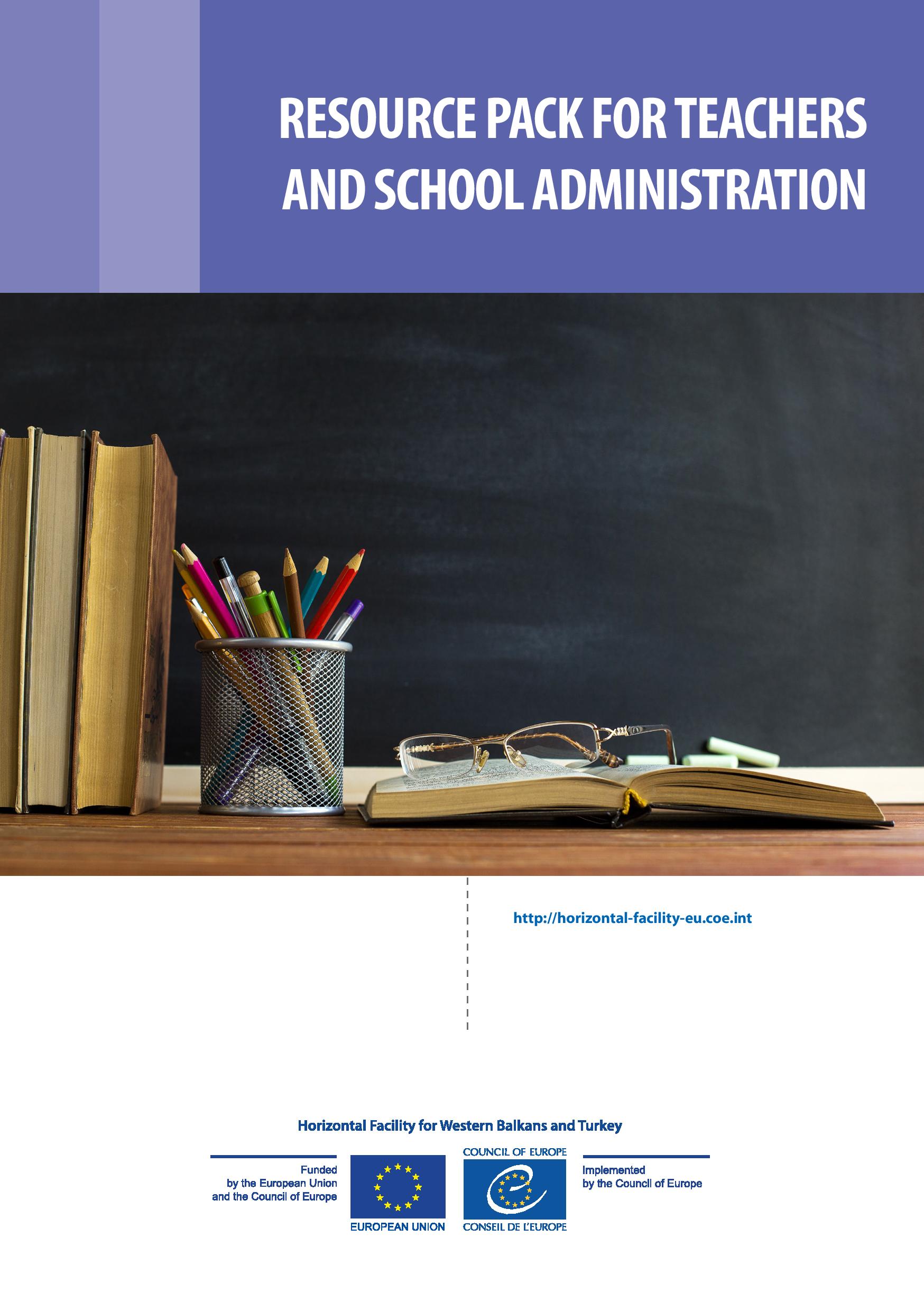
Resource Pack for Teachers and School Administration
by Olena Styslavska, Svetlana Jurko, Zorica Lesic, Merita Poni
The Resource Pack is a practical learning tool for teachers and other school staff in order to enhance their knowledge on bullying and extremism; increase the capacity to deal with controversial issues - bullying and extremism; support in developing and implementing school policies against bullying and extremism; support schools in organising awareness-raising activities and events; and provide teachers with ideas for student activities that build democratic culture in schools.
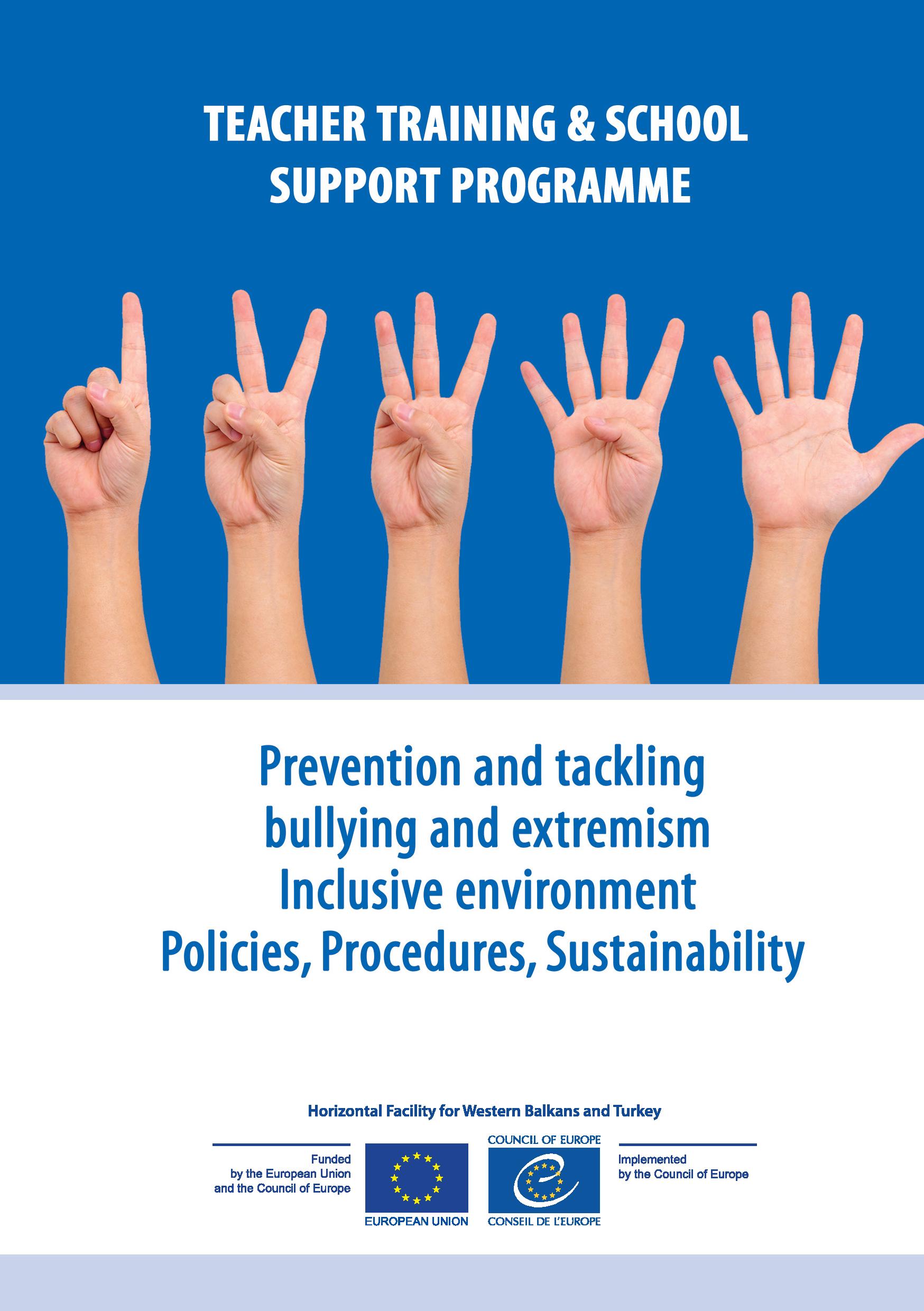
Teacher Training and School Support Programme
by Olena Styslavska and with he support of Svetlana Jurko
Prevention and tackling bullying and extremism; Inclusive environment; Policies, Procedures, Sustainability.
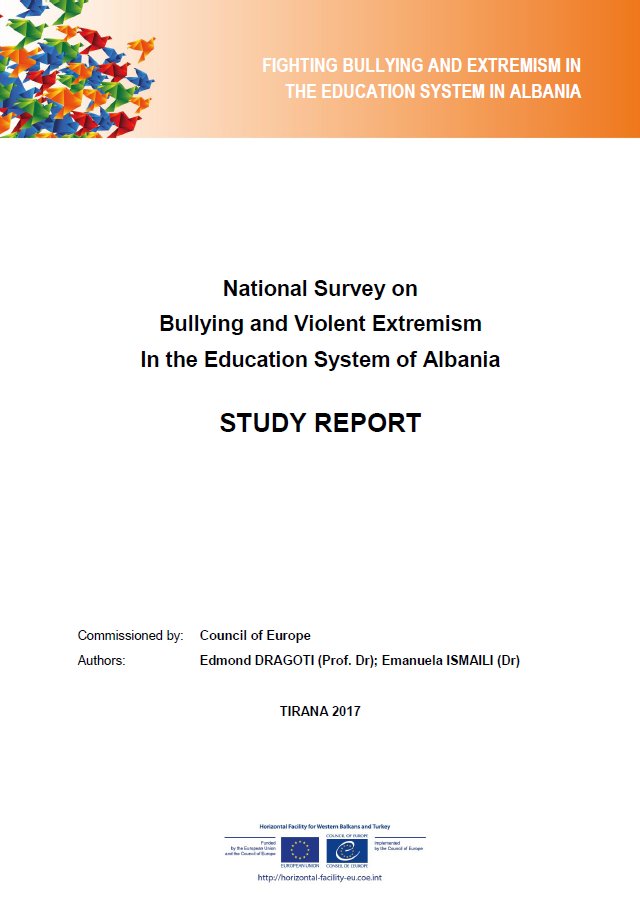
National Survey on Bullying and Violent Extremism in the Education System of Albania
by Edmond DRAGOTI (Prof. Dr) and Emanuela ISMAILI (Dr)
The Roadmap recommends a range of measures to institutionalize mechanisms for bullying prevention at the level of national policy (e.g. teacher training, curriculum, actions to be added to the future National Strategy beyond 2020). At the same time, it recommends that the actions supported by the European Union/ Council of Europe project should be made sustainable (including financial sustainability) and disseminated to other schools in Albania.
21 pilot schools in Albania have worked intensively to develop anti-bullying initiatives. The school initiatives compiled in this publication address the following aspects: teacher and school staff training, partnerships with parents and community, awareness raising, peer support among students, anti-bullying school policies, action plans and establishment of effective referral and monitoring system.
Information Disorder: Toward an interdisciplinary framework for research and policymaking
By Claire Wardle, PhD, and Hossein Derakhshan
This report is an attempt to comprehensively examine information disorder and its related challenges, such as filter bubbles and echo chambers. While the historical impact of rumours and fabricated content have been well documented, we argue that contemporary social technology means that we are witnessing something new: information pollution at a global scale; a complex web of motivations for creating, disseminating and consuming these ‘polluted’ messages; a myriad of content types and techniques for amplifying content; innumerable platforms hosting and reproducing this content; and breakneck speeds of communication between trusted peers.

White paper: Future of an integrated child protection system in Albania
by Anniki Lai, Council of Europe Expert
A guide to the implementation of Article 8 of the European Convention on Human Rights
A guide to the implementation of Article 10 of the European Convention on Human Rights
A guide to the implementation of Article 6 of the European Convention on Human Rights
A guide to the implementation of Article 1 of Protocol no. 1 of the European Convention on Human Rights
A guide to the implementation of Article 5 of the European Convention on Human Rights
A guide to the implementation of Article 3 of the European Convention on Human Rights
Positive obligations under the
Handbook No. 7
A guide to the use of the European Convention on Human Rights
A guide to the implementation of Article 2 of the European Convention on Human Rights
A guide to the implementation of Article 9 of the European Convention on Human Rights
A guide to the implementation of the European Convention on Human Rights





